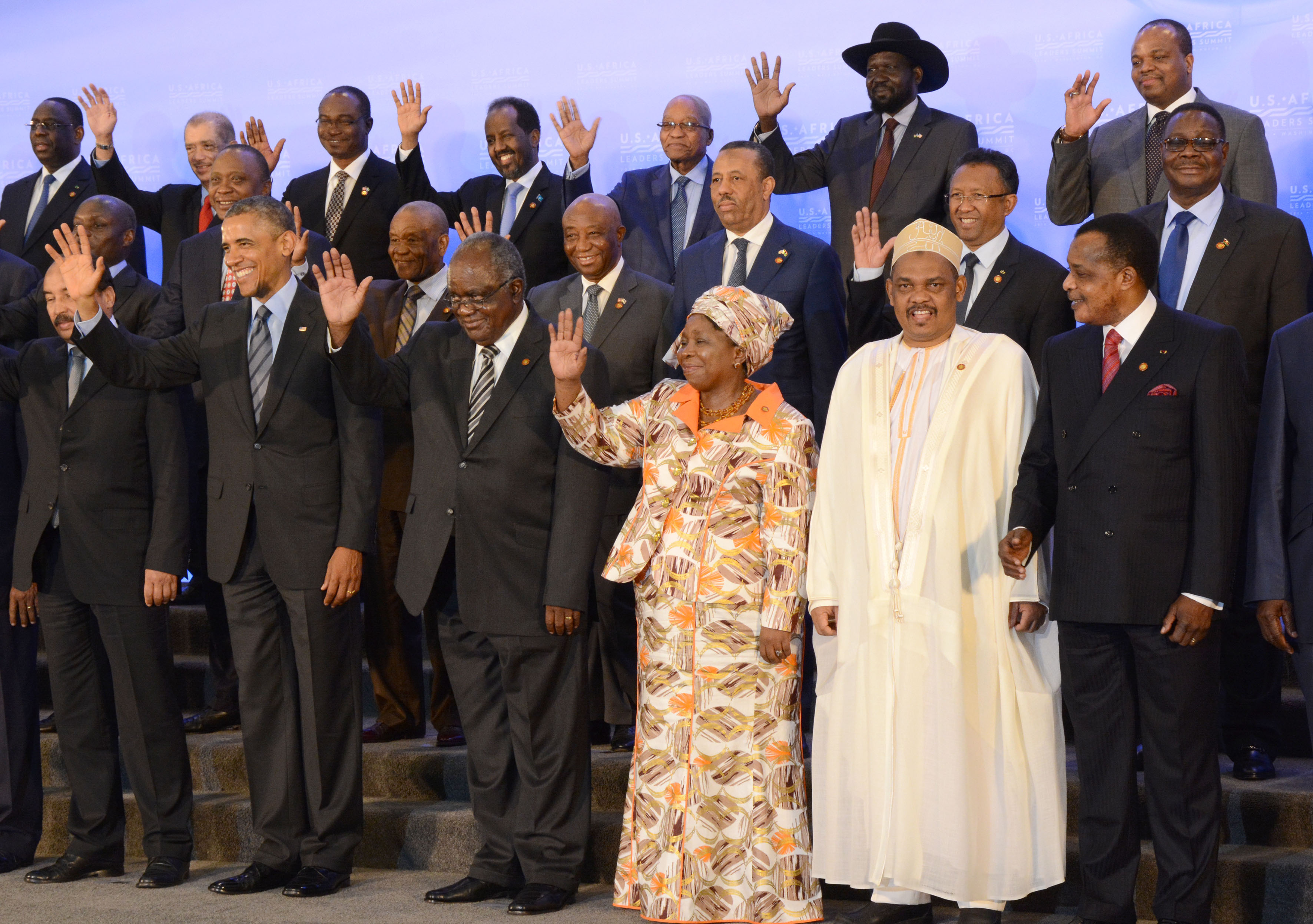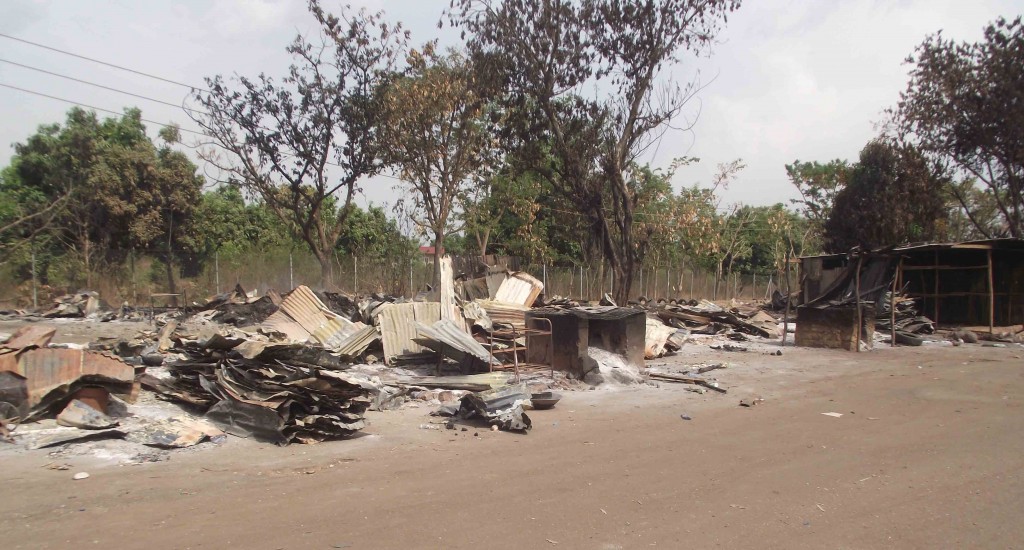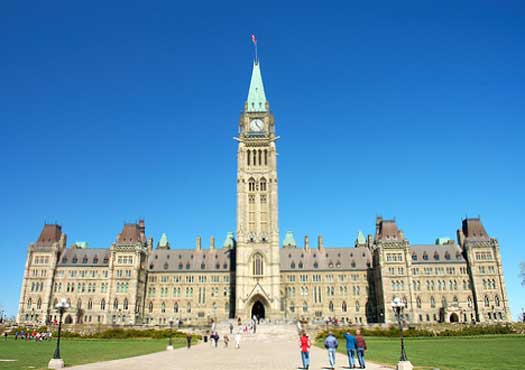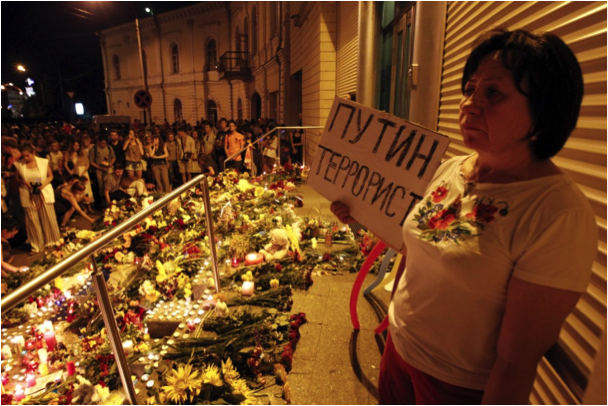
On August 4, 2014, more than 50 African heads of states met in Washington for a three day event of unprecedented magnitude. The United States’ largest ever summit of African leaders focused primarily on trade and business in the fast growing continent. Other issues such as democracy and Africa’s regional security were also addressed.
The event had been promised by President Obama, who had expressed, during last year’s tour to Senegal, Tanzania and South Africa, his hopes to hold an African summit. The decision was by no means spur of the moment — according to US Commerce Secretary, Penny Pritzker, more than $900 million in business deals were announced last week. Prior to the summit, many had criticised the US for lagging behind China, whose trade volume with Africa surpasses $200 billion (more than double the US amount).
American trade with Africa has, in general, been relatively limited. In 2013, around 67% of all US-African trade occurred with a mere five countries: Nigeria, South Africa, Angola, Egypt and Algeria. Incidentally, these countries — with the exception of Algeria — are also those receiving the greatest amount of US Foreign Direct Investment. It is this lack of diversity that undoubtedly pressured the Obama administration to make the summit worthwhile.
On August 5, after a day of business discussions hosted by the US Commerce Department, state leaders were invited to a dinner at the White House. The next day, all leaders united again with the American President, where issues of security, governance and business were further discussed.
In 2013, around 67% of all US-African trade occurred with a mere five countries: Nigeria, South Africa, Angola, Egypt and Algeria. Incidentally, these countries — with the exception of Algeria — are also those receiving the greatest amount of US Foreign Direct Investment.
Although the events’ itinerary was very clear-cut, many questioned President Obama’s ability to host such an important event amidst the many crises occurring overseas. Sanctions against Russia for its alleged involvement with pro-Russian separatists in Ukraine, the ongoing Gaza conflict and the deadly Ebola outbreak in West Africa are but a few of the major foreign policy issues the President currently faces. How Obama was capable of hosting an impromptu, three-day event with everything else on his plate is astounding.
The significance of the African summit, some argue, may in part lie with Obama’s ancestry. Many had hoped that, as the son of an American mother and Kenyan father, Obama would be more concerned with US-African relations. However, following his inauguration in 2009, Obama seemingly placed African relations on the backburner. Instead, the president primarily focused on the emerging Arab Spring movements that so heavily impacted North African and Middle Eastern regions. Ironically, Obama’s predecessor, George W. Bush, could be said to have placed a greater emphasis on Africa than his successor, implementing a $15 billion program to combat HIV and AIDS.
Has Obama really fallen behind? Many would certainly agree, claiming that China has already won the race. However, some analysts have argued that Obama’s second term marked a 180 turn. His three-country trip last summer fostered new trust between the intercontinental leaders. Obama also launched “Power Africa”, which will help bring electricity to over 20 million households in sub-Saharan Africa. All that is left to do is hope that the US has not changed its mind too late.




